This pulpy sci-fi novel from Superversive Press is the kind of old-fashioned adventure I’ve been missing for a long time.
The protagonist is a lovestruck romantic whose soon-to-be bride is snatched off his pedestal just before they are to be married. That triggers the main plot and we are off to the races.
I’m tempted to call this space opera, but I’m not sure if the requirements of that genre include intergalactic travel and space battles. This story takes place on a colonized Mars. In any case, it reminded me of the sci-fi pulp treasures of yesteryear (featuring characters the likes of Flash Gordon, Buck Rogers, and even John Carter) hidden in the yellowed pages of threadbare paperbacks from a world where authors weren’t obligated to walk on PC eggshells.
All that is not to say this is purely escapist fare, either. Mars has both Christian and Muslim enclaves, you see, making the backdrop far more relevant to our life and times than John Carter’s ever was.
This is rollicking fun adventure. Kudos to the author and Superversive for making this available to readers.


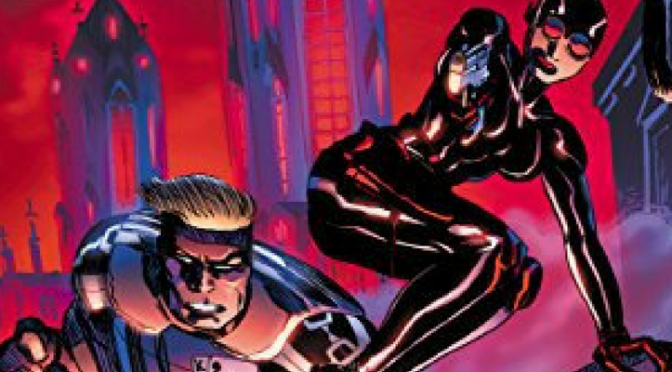

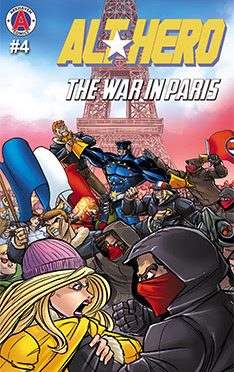




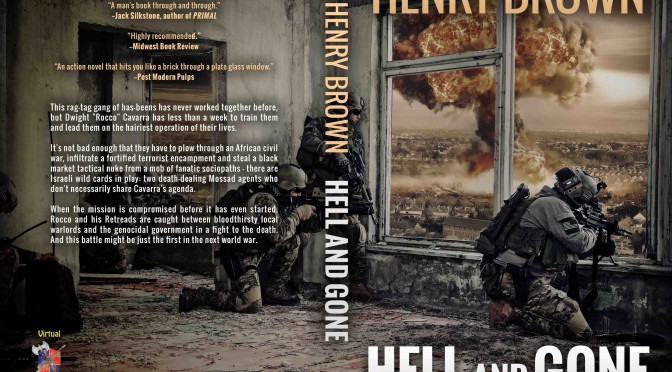

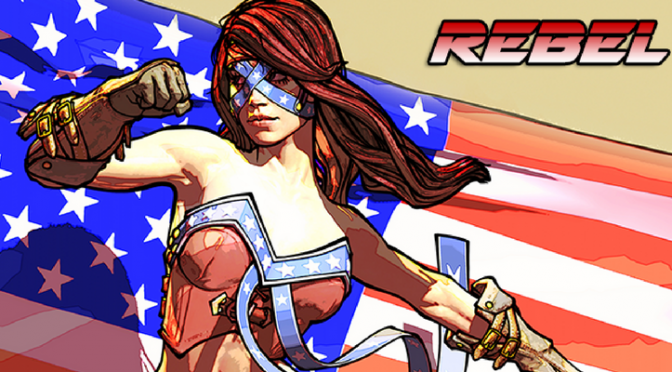
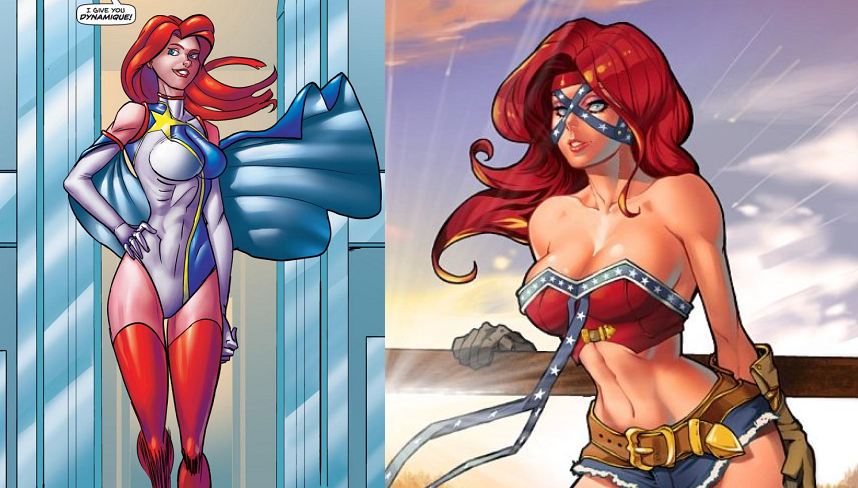
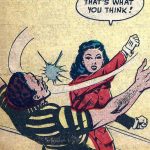 heroes look just as sculpted as superpowered characters. And regardless of whether a human or superhuman hero throws a punch, the recipient of the punch usually goes flying backwards out of the panel.
heroes look just as sculpted as superpowered characters. And regardless of whether a human or superhuman hero throws a punch, the recipient of the punch usually goes flying backwards out of the panel.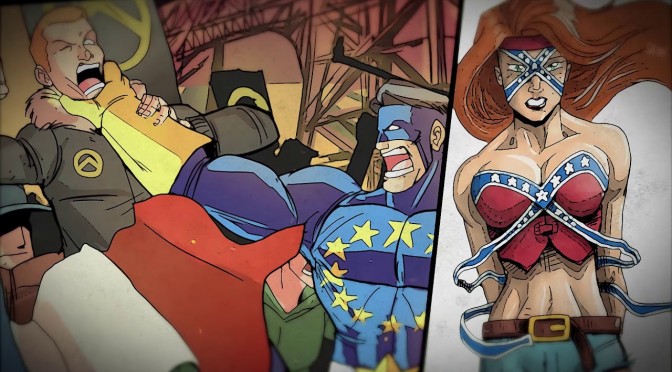

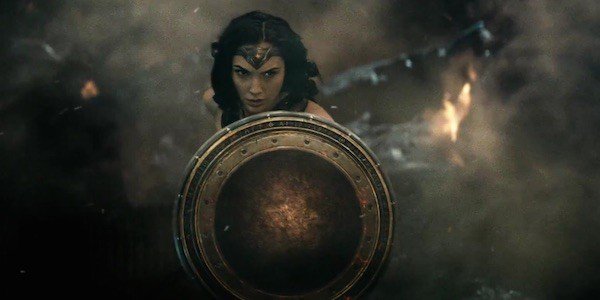
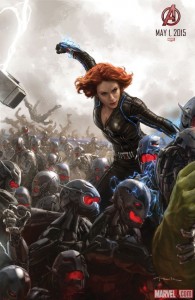 White knights can’t sell their Amazon Superninja Fetish Narrative without comparing their cookie-cutter RWT (Rambo With Tits) character to a man. That comparison always entails making the male character look pathetic.
White knights can’t sell their Amazon Superninja Fetish Narrative without comparing their cookie-cutter RWT (Rambo With Tits) character to a man. That comparison always entails making the male character look pathetic.